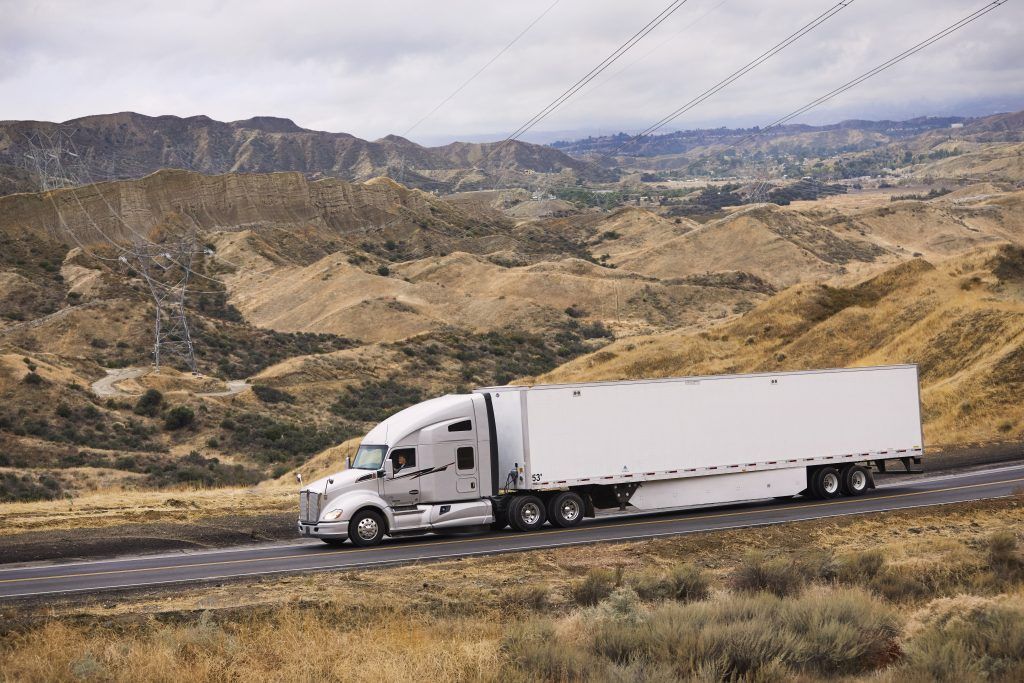Uber Technologies mentioned nine companies with which, among others, it faces competition in the freight transport market.
These companies are:
- C.H. Robinson.
- Total Quality Logistics.
- XPO Logistics.
- Convoy.
- Echo Global Logistics.
- Coyote.
- Transfix.
- DHL.
- NEXT Trucking.
Uber
The company has four operating segments: Mobility Group, Delivery, Cargo, and Advanced Technologies and Other Technology Programs.
The Freight Segment leverages Uber’s proprietary technology, brand awareness, and expertise to connect carriers with shippers on its platform.
Currently, the freight industry is highly fragmented and deeply inefficient, according to Uber.
Shippers can take several hours, sometimes days, to find a truck and driver for shipments, and most of the process is done by phone or fax.
While procurement is highly fragmented, traditional players rely on local or regional offices to book shipments.
Similarly, it is difficult for carriers to find and book shipments that work for their business, spending hours on the phone negotiating prices and terms.
According to Uber, these inefficiencies negatively impact both shippers and carriers, and contribute to the number of dead-head or no-revenue miles, which are miles traveled by carriers between shipments.
Freight greatly reduces friction in the logistics industry by providing an on-demand platform to automate and accelerate end-to-end logistics transactions.

Uber claims that its Freight Segment connects carriers with shippers available on its platform and gives carriers in advance transparent pricing and the ability to book a shipment at the touch of a button.

The technology is available in approximately 71 countries around the world, primarily in the United States and Canada, Latin America, Europe, the Middle East, Africa, and Asia (excluding China and Southeast Asia).
![]()

